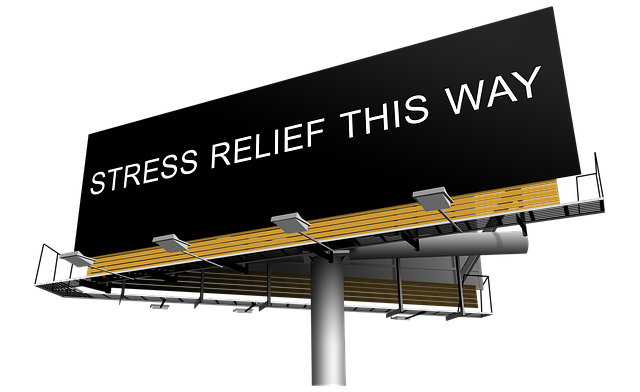How Stress Impacts Your Health
At Home with UAEX
Learn from the best Extension Educators on being at home with UAEX!
How Stress Impacts Your Health
by Original Post by Heather Wingo | Adapted for blog by Katie Cullum
Many of us face challenges that can be stressful, overwhelming, and cause strong emotions. It is natural to feel stress, anxiety, grief, and worry. Learning to cope with stress in a healthy way will make you, the people you care about, and those around you become more resilient.
Stress is a reaction to a change or a challenge. Although stress gets a bad rap, it can be helpful. It makes you more alert and gives you energy to get things done. But long-term stress can lead to serious health problems. Women are more likely than men to report symptoms of stress, including headaches and upset stomach. Women are also more likely to have mental health conditions that are made worse by stress, such as depression or anxiety.
Stress affects everyone differently. Some ways that chronic or long-term stress affects people include the following:
- Pain, including back pain
- Acne and other skin problems, like rashes or hives
- Headaches
- Upset stomach
- Feeling like you have no control
- Forgetfulness
- Lack of energy
- Lack of focus
- Overeating or not eating enough
- Being easily angered
- Trouble sleeping
- Drug and alcohol misuse
- Loss of interest in things you once enjoyed
Healthy Ways to Cope with Stress

- Take care of your body.
- Take deep breaths, stretch, or meditate
- Eat healthy, well-balanced meals
- Be physically active
- Get plenty of sleep
- Choose not to drink alcohol, or drink in moderation (2 drinks or less in a day for men; 1 drink or less in a day for women)
- Avoid misusing prescription opioids and avoid using illicit opioids. Also avoid mixing these with one another, or with any other drugs.
- Avoid smoking and the use of tobacco products, including e-cigarettes. People can and do quit smoking for good.
- Continue with routine preventive measures including vaccinations, cancer screenings, and other tests recommended by healthcare provider.
- Make time to unwind. Try to do activities that you enjoy.
- Connect with others. Talk with people you trust about your concerns and how you are feeling.
- Connect with your community- or faith-based organizations.
- Take breaks from watching, reading, or listening to news stories, including those on social media. It’s good to be informed but hearing about adverse events constantly can be upsetting. Consider limiting news to just a couple times a day and disconnecting from phone, tv, and computer screens for a while.
Getting Help
Free and confidential crisis resources can also help you or a loved one connect with a skilled, trained counselor in your area.
- National Suicide Prevention Lifeline: 1 (800) 273-TALK (8255) for English,
1 (888) 628-9454 for Spanish - Crisis Text Line: Text SIGNS to 741741 for 24/7, anonymous, free crisis counseling
- Veteran’s Crisis Line: 1(800) 273-TALK (8255), then select “1”; or text: 8388255
- Trans Lifeline: 1 (877) 565-8860 (para espanol presiona el 2)
- TrevorLifeline: 1 (866) 488-7386
Helping Others Cope
Taking care of yourself can better equip you to take care of others. During times of stress, it is especially important to stay connected with your friends and family. Helping others cope with stress through visits, phone calls or video chats can help you and your loved ones feel less stressed.
Resources:
Centers for Disease Control and Prevention. (2021, July 20). Stress and coping resources. Mental Health. Retrieved from https://www.cdc.gov/mentalhealth/tools-resources/index.htm
U.S. Department of Health and Human Services. (2019, March 14). Stress and Your Health. Office on Women's Health. Retrieved from https://www.womenshealth.gov/mental-health/good-mental-health/stress-and-your-health
